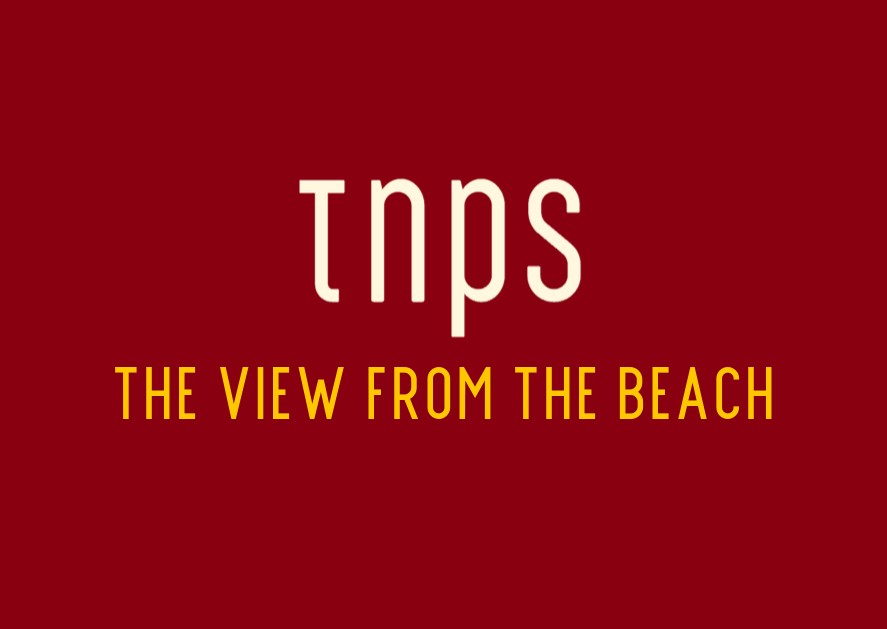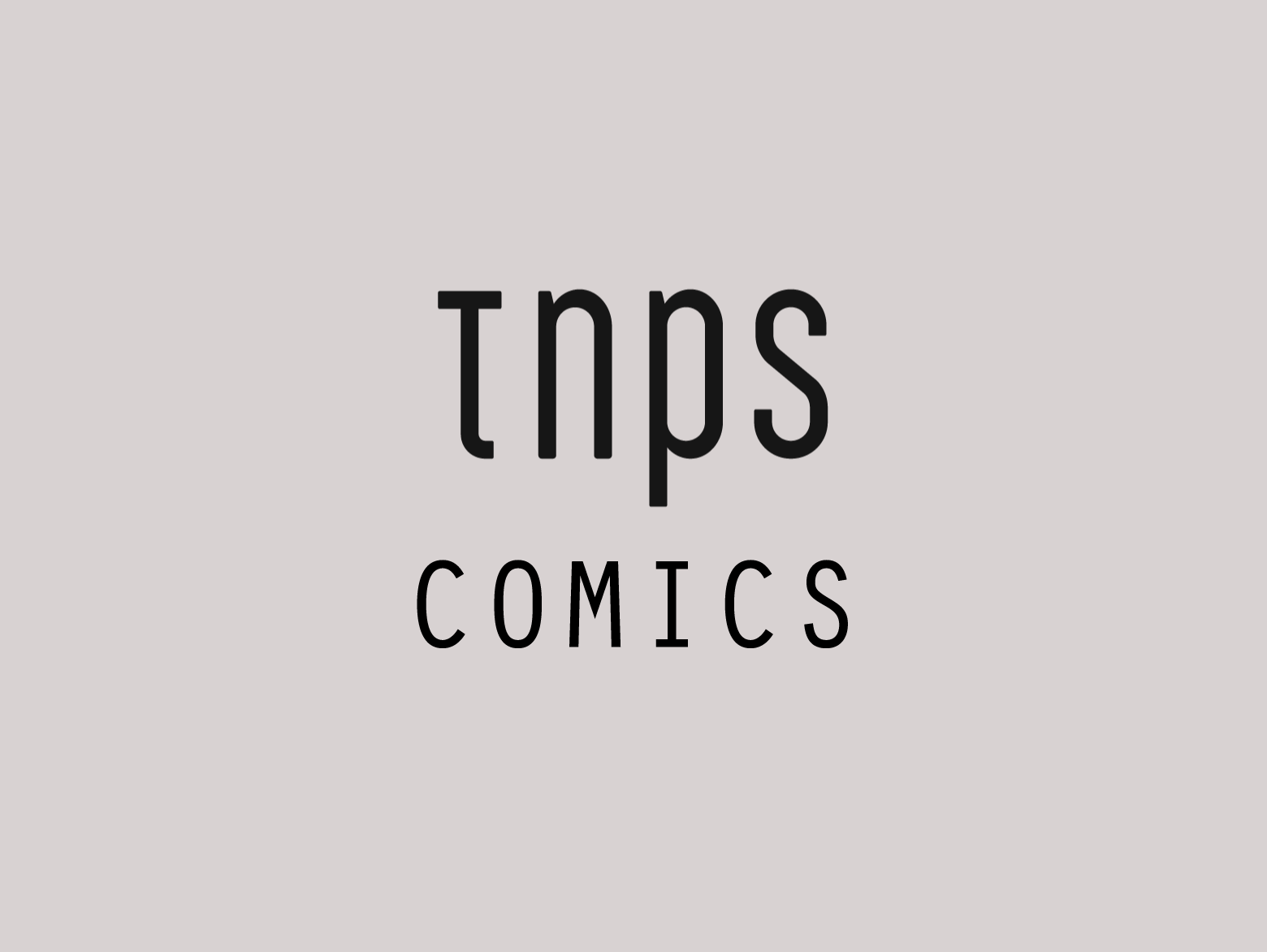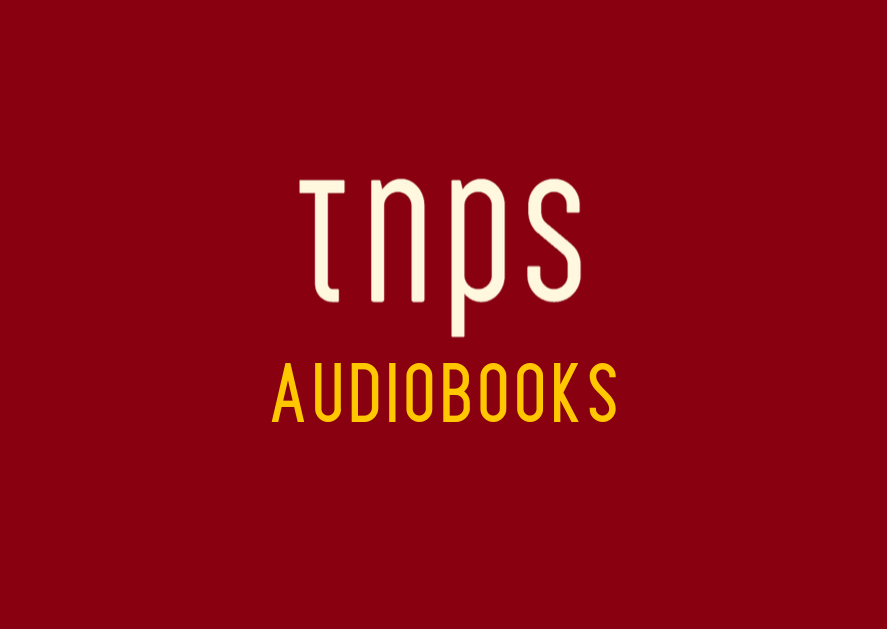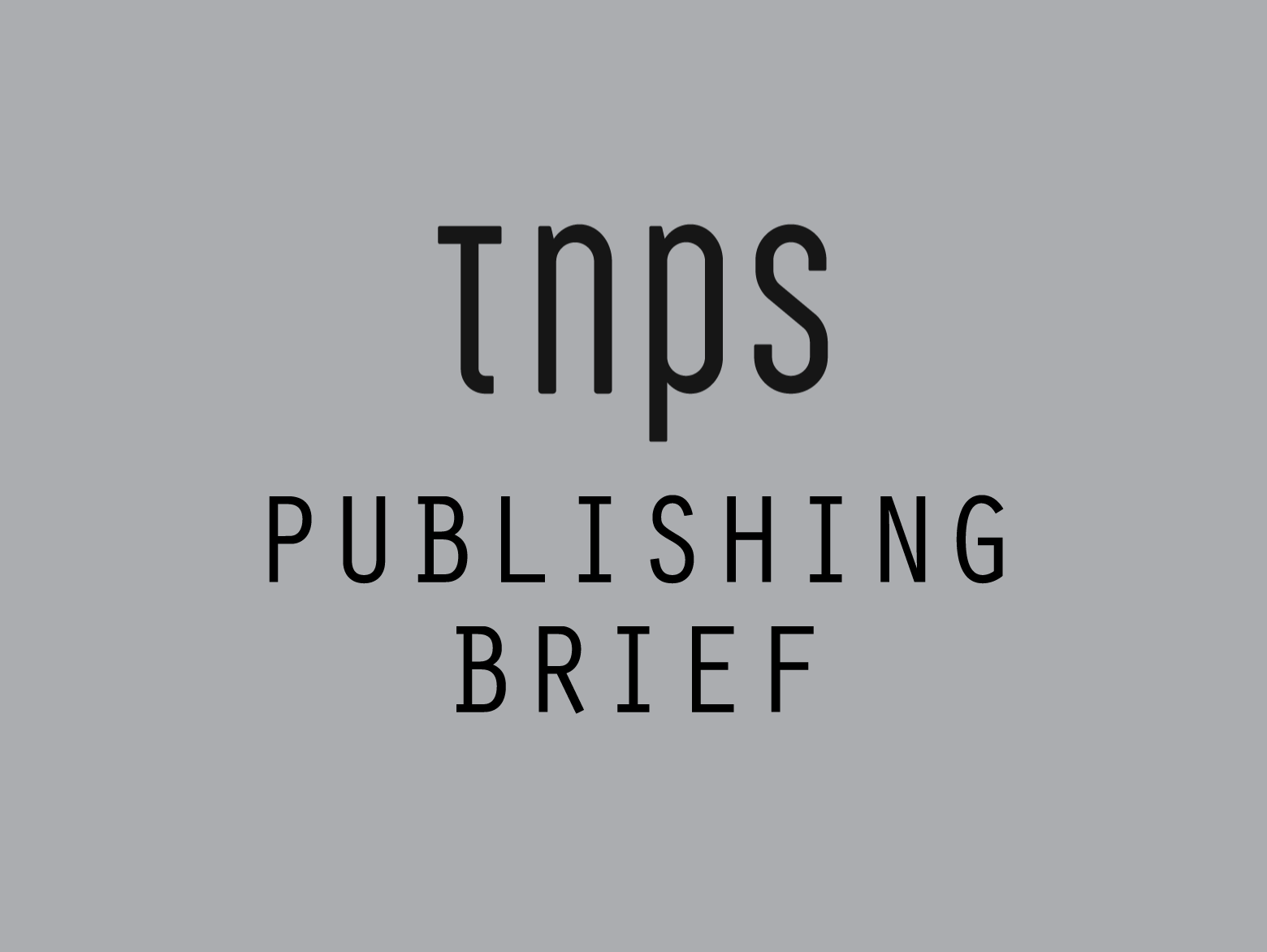For the literacy-challenged emerging markets the USP Tellander has latched on to which western publishers appear oblivious to, is the game-changing reach audiobooks bring to internet-savvy people around the world who have never learned to read but come from rich oral-storytelling traditions.
In the battle for India’s ever-growing internet consumer market Amazon has often shown itself to be behind the curve. It’s current dominance of the ebook market through the Kindle India store owes as much to Flipkart’s ebook u-turn as it does to Amazon’s pursuit of the Indian reader.
India may be only at 54.2% internet penetration, but with a population of 1.4 billion that 54.2% equates to 755.8 million people online, a market of internet users more than twice that in the USA.
Of course not all of these online Indians are interested in books, and those that are will expect to pay prices western publishers will balk at, but the secret sauce of publishing is the understanding that it’s not about unit values but volume. That is to say, no author or publisher survives by simply by selling books at the best price they can get. They survive by selling lots of books at the best price they can get.
And in a country like India volume can more than make up for comparatively low unit returns.
The same principle underpins the subscription model. Yes, under the pay per page/minute model unit returns are lower than à la carte retail royalties can deliver, but the reason savvy publisher flock to unlimited subscription is the volume potential.
Unsurprisingly Storytel CEO Jonas Tellander understands this, and the launch of Storytel in India was not so much a gamble as a dead cert long-term investment.
With monthly subscription fees starting at R199 ($2.67) India is by far the least expensive of the Storytel markets, yet Tellander keeps throwing money at the project like there’s no tomorrow, not least to keep the Audible bogeyman at bay as long as possible.
Audible was late to India –
almost a year after Storytel launched
but Amazon’s deep pockets and brand recognition meant Audible India got off to a flying start despite.
Audible kicked off cheaper than Storytel (R199 against Storytel’s R299), but with a catalogue of English-language books and a selection of Hindi books thrown in for good measure. But with the caveat you got only one book per month for your rupees. Audible now offers unlimited access to Audible Originals, but maintains the one credit per month system for other content, and of course there are no ebooks on Audible.
Storytel by contrast launched with the unlimited model across the board, and has since brought down its lowest pricing option to R199, but offers a lot more than Audible, and not just the all-you-can-eat buffet menu of audiobooks, podcasts and ebooks.
Today Storytel offers Indian subscribers titles in English and over ten local languages, and is gradually rolling out dedicated apps for each, the Tamil app being the latest, kicking off with 1,000 Tamil-language audiobooks.
Not here to regurgitate the Storytel India press release about the big name authors that are available – rather to seize on one particularly cogent line from Deepika Arun, Storytel Tamil Language Manager.
Audiobooks are a new form of entertainment companion that you can take along everywhere. The experience becomes better when you listen in your mother tongue.
This is a boon for people who don’t have time to read or who do not know to read in Tamil but always wanted to know Tamil classics.
Mother tongue listening is of course key to the success of audiobooks in any country, and each Storytel launch ensures a good range of local-language titles is available. But in India there are 22 official languages and countless more languages spoken regionally that don’t have such exalted status.
English is not as widely spoke in India as some “local” languages – and read by even fewer – meaning any serious cultural business endeavour needs to embrace local-language diversity.
Amazon’s Audible has chosen to limit itself to English and Hindi, while the Kindle store is only a little better.
Back in 2016 Amazon proudly announced KDP (Kindle Direct Publishing) would support five Indian languages for ebooks (none for KDP Print). Five years on KDP still supports just five Indian languages (and none for print).
Along with Audible’s one local Indian language we see a clear picture of priorities-divergence between Amazon and Storytel, that are symptomatic of a divergent vision.
Tellander sees a bigger picture where audiobooks are not just alternatives to books for readers. They are alternatives to books for non-readers and for those that cannot read.
A reminder of Deepika Arun’s observations from the Storytel press release:
The Tamil-language Storytel app is a,
boon for people who don’t have time to read or who do not know to read in Tamil.
Savour that last part: those “who do not know how to read in Tamil”.
Now extrapolate that across India’s myriad “local languages” in a country where literacy, even in English and Hindi, is challenged.
In the mature western markets the touted USP of audiobooks is the multi-tasking angle. You can listen and drive, cook, mow the lawn, milk the cows, clean the toilets and a gazillion other things that are unthinkable when reading a book.
For the literacy-challenged emerging markets the USP Tellander has latched on to which western publishers appear oblivious to, is the game-changing reach audiobooks bring to internet-savvy people around the world who have never learned to read but come from rich oral-storytelling traditions.
For this potential to be fully unleashed it will take more than Tellander’s global vision. It will need production costs to come down and for the unlimited subscription model to be available on a global scale beyond anything currently being talked about.
But with over 5 billion people online – and fewer than 6% of them in the USA – it’s no wonder Jonas Tellander is focused on global expansion, not bashing his head against the brick wall that is US publisher resistance to subscription.




